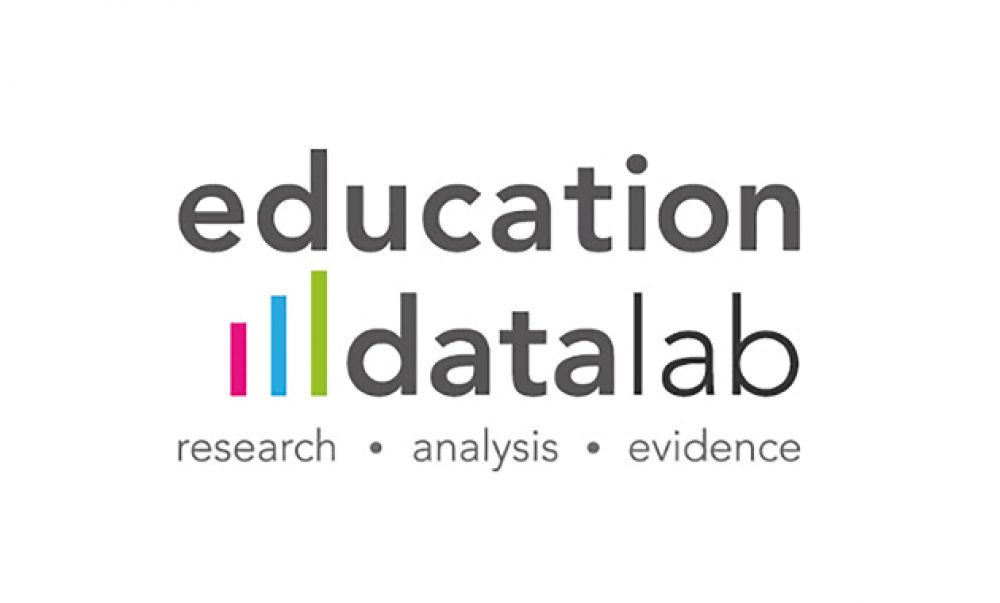A new study has revealed pupils taking the controversial European Computer Driving Licence (ECDL) qualification on average score the equivalent of an A grade, despite achieving an average score of below a C across their GCSEs.
Data experts Education Datalab published a blog this week revealing the average point scores of pupils from 2015 in popular non-GCSE qualifications compared with their GCSE scores.
The analysis found that pupils achieve almost two points more – a third of a grade – across all non-GCSE qualifications, most notably in the ECDL.
On average, pupils taking the ECDL achieved 52 points – the equivalent of an A grade – while scoring an average of 38 points – below a C grade – in their GCSEs.
Datalab described the difference as “staggering”.
The finding follows a series of investigations by Schools Week that revealed how schools were advised to effectively “game” the system by entering large numbers of pupils into the qualification.
School network organisation The PiXL Club advised its 1,300-plus members to enter pupils who were unlikely to get five GCSEs, and said schools could prepare for the exam in just three days.
But exams regulator Ofqual wrote to all exam boards last week to demand evidence their qualifications are up to scratch.
Boards must justify how long it takes to complete a qualification and, separately, the number of guided learning hours Ð time spent with a teacher. If qualifications fall short, they will be removed from counting in performance league tables.







please for heaven’s sake, remove this fraudulent qualification from all secondary schools environment. While GCSEs are being made tougher and harder there is this ECDL con certification in there to try to push through all the non=performing and non-deserving students who decided to simply ignore all calls to study seriously from their teachers and simply used school time to waste everyone else’s time including their own and Govt’s resources …
every student should work hard and get through GCSE English and Maths along with sciences and other subjects. They have basically worked their way up the ladder through KS1, KS2, KS3, and KS4 and have no basic Maths and English skills to show for it then why would any system be trying to accommodate them in sixth form or beyond. They have decided this path of extinction then why should the education system be manipulated to accommodate them. Please scrap this ECDL and even other similar fraudulent subjects.
Yeah but it allows us competent students achieving B’s and A’s to get an easy A* distinction. Be quiet 😉
The ECDL is not a fraudulent qualification. It used to be a good course to do for adults in the community – I did it myself many years ago and found it to be helpful. HOWEVER, it should never have made its way onto the schools curriculum. It is NOT suitable for this purpose AT ALL. It should only be for adults wanting to learn a new skill. For that, it is useful. Otherwise, it is a waste of time and money for school boards, and virtually useless to school children who are being taught much more advanced computer skills in primary school nowadays! Kids are learning to code in primary school now, so how, learning to use Microsoft Office has made it’s way to GCSE level is absolutely beyond me!
My son has just passed the ecdl course and I am so proud of him. As a boy with ADHD these exams have been really tough, even the ecdl, as he has retaken it several times just to pass – something I never thought he would do.
I have never seen him so commited to anything academic in his 15 years and just that he kept going made me the proudest parent ever.
I am glad that there was an exam like this to build up the self esteem of young people with special educational needs, because in the last 2 years these children have been thrown to the curb, already having been given up on with the rules drastically changed since the children chose there options under false pretenses.
So for some to say this course is for those who don’t take studying and academics seriously, you really need to broaden your minds as to the difficulties our young people are facing out there and it is our generation putting them in that situation